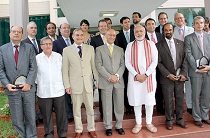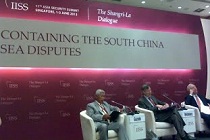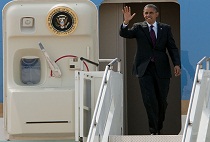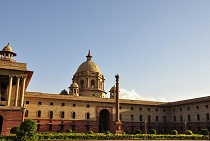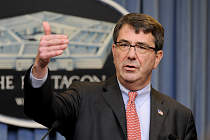India’s 10-point agenda for LatAm
Gateway House outlines a renewed agenda for India’s relationship with Latin America. If the new government led by Narendra Modi takes these policy steps, centred on economic diplomacy, India can benefit from Latin America’s huge natural resources, increasingly assertive foreign policy, and significant economic growth

